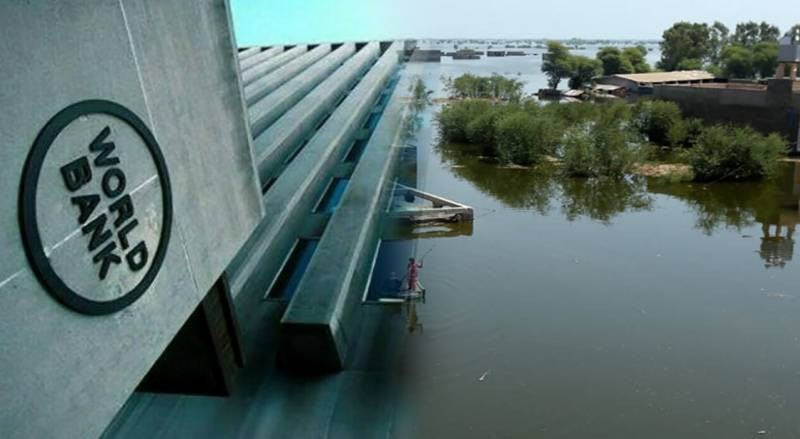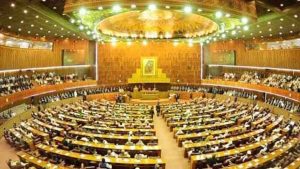WASHINGTON – The World Bank has approved $200 million in financing to strengthen state capacities to deliver basic services and climate resilient rural infrastructure in Pakistan’s northwestern province of Khyber Pakhtunkhwa, including investments for post-floods rehabilitation and reconstruction.
A statement issued by the bank said the financial support is part of the programme agreed with the government of Pakistan to respond to the devastating floods that hit the country in the summer of 2022 and build a climate-resilient Pakistan.
The Khyber Pakhtunkhwa Rural Investment and Institutional Support Project (KPRIISP) is the first phase of a multiphase programmatic approach that aims to increase access to resilient and reliable basic services for rural households in the newly merged areas of KP.
Under this first phase, investments will focus on strengthening state responsiveness and facilitating citizen-driven service delivery, as well as rehabilitate infrastructure affected by the devastating floods of summer 2022.
“KPRIISP aims to address development gaps in rural areas that are among the poorest in the country, directly benefiting around 5.5 million people by extending public service delivery systems, investing in basic infrastructure like water supply and sanitation, and boosting agricultural productivity and livelihood opportunities,” said Najy Benhassine, World Bank Country Director for Pakistan. “It will also support post-floods reconstruction and rehabilitation, while strengthening resilience to such climate-related shocks, particularly in the Newly Merged Districts of the Province.”
The project will support the extension of state systems to deliver public services in the Newly Merged Districts as well as investments in critical and basic rural infrastructure. It will also support emergency reconstruction and rehabilitation of flood protection infrastructure damaged by the 2022 floods. Infrastructure investments in water supply and sanitation, rural roads, agriculture, and irrigation will be done in a way to strengthen climate-resilience, in the face of increasing frequency and severity of extreme weather events in Pakistan.
USAID grants Pakistan 16.4 million for Sindh’s flood affectees














